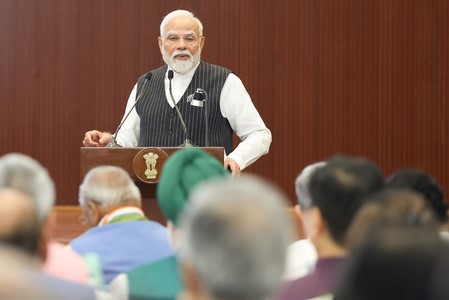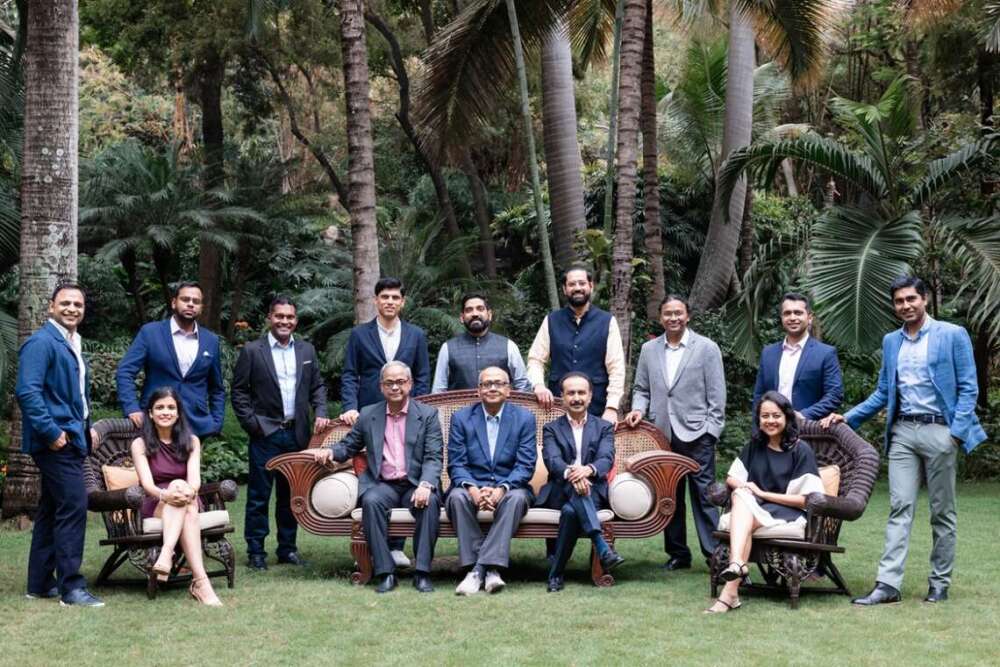Notably, the impact of the GST also depends upon the formats. For instance, in the case of casual games, the exponential increase in GST is threatening the business viability…reports Asian Lite News
New Delhi, June 19 (IANS) The 28 per cent GST on skill-based online games has triggered a cascade of repercussions, including funding constraints, reduced growth trajectories, job losses, and heightened uncertainty across the sector, a report said on Wednesday.
Since October last year, a uniform 28 per cent GST has been imposed on the full value of bets placed in online games, while the gaming companies seek to levy 28 per cent GST on Gross Gaming Revenue (GGR) that is earned by the industry.
A review of the levy may be discussed at the upcoming GST Council meeting on June 22 but nothing has been finalised yet.
A joint report by Ernst & Young (EY) and the US-India Strategic Partnership Forum (USISPF) has shed fresh light on the profound challenges faced by India’s pay-to-play online skill gaming industry following the recent GST tax amendments levying 28 per cent on deposits.

The report highlighted the impact of the pay-to-play model that has been at the receiving end of the revised GST regime. The games are fantasy games, card games and casual games.
According to the findings, since 2019, the Indian gaming sector has attracted FDI of $2.6 billion from domestic and global investors and 90 per cent of the FDI was attracted in the pay-to-play format of the online gaming sector.
“Since October 2023, some companies reported a complete withdrawal of global marque investors just at the onset of the new GST regime,” the report stated.
Before the amendment, the GST cost constituted 15.25 per cent of the revenue. However, since October 1, 2023, the GST cost has increased manifold, with GST now consuming 50-100 per cent of the revenue for 33 per cent of companies and even surpassing total revenue for startups.
“These startups now have to operate at a loss,” the report argued.
Notably, the impact of the GST also depends upon the formats. For instance, in the case of casual games, the exponential increase in GST is threatening the business viability.
“Over half of the sector’s enterprises are either staring at stagnant revenues or shrinking topline, with 25 per cent experiencing growth declines of up to 50 per cent. This marks a stark departure from previous growth rates exceeding 100-200 per cent,” said the report.
Decreased margins due to increased GST (being absorbed by the companies) had a ripple-down effect in employee layoffs and a complete pause in hiring specialist skills such as technology, product, animation, and design.
“Most companies have reported impacted jobs in terms of no hiring, layoffs, and shutting down operations altogether. The new GST regime has created concerns around the viability of the sector and is keeping away the right talent from joining the workforce, further exacerbating the sector’s woes,” said the report.
The report recommended amending the valuation mechanism for online money games to levy GST from the current “full-face value of total deposits” to GGR/platform fees — the amount retained by online gaming platforms for operating a game.
In October last year, the GST authorities issued show-cause notices demanding as much as Rs 1 lakh crore from online gaming companies for tax evasion.
ALSO READ: India’s ‘Electric’ Awakening














